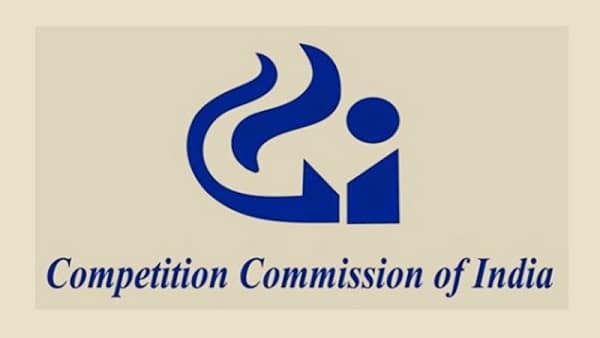About leniency plus’ norms
- It is a new cartel detecting tool, and sheds light on how the competition watchdog intends to operationalise it.
- The “Leniency Plus” regime was part of the Competition (Amendment) Act 2023
- Leniency Plus is a proactive antitrust enforcement strategy aimed at attracting leniency applications by encouraging companies already under investigation for one cartel to report other cartels unknown to the competition regulator.
- The benefit that would entail from such disclosure is reduction of penalty in the first cartel to the person disclosing the information, without prejudice to the company obtaining lesser penalty regarding the newly disclosed cartel.
- This “leniency plus” regime is already recognised in jurisdictions like the UK, US, Singapore and Brazil.
Key facts about Competition Commission of India
- It is a statutory body of the Government of India, was established in March 2009 under the Competition Act, 2002.
- The goal of CCI is to create and sustain fair competition in the economy that will provide a ‘level playing field’ to the producers and make the markets work for the welfare of consumers.
- The priority of the Commission is to eliminate practices having adverse effects on competition, promote and sustain competition, protect the interests of consumers, and ensure freedom of trade in the markets of India.
- Mandate: To implement provisions of The Competition Act, 2002, which –
- prohibits anti-competitive agreements and abuse of dominant position by enterprises;
- regulates mergers and acquisitions (M&A), which can have an adverse effect on competition within India. Thus, deals beyond a certain threshold are required to get clearance from CCI.
- Composition:
- It has the composition of a quasi-judicial body, with one chairperson and six additional members.
- All members of the CCI are appointed by the Central Government.
- Headquarters: New Delhi.
Q1) What is a quasi-judicial body?
It is an administrative or government agency that has the authority to make decisions, rulings, and determinations that resemble those made by a court but are not part of the traditional judicial system. Quasi-judicial bodies are typically created to handle specific types of disputes or regulatory matters, and they are often involved in matters such as administrative law, regulatory compliance, and the enforcement of government regulations.
Source: CCI issues draft of ‘leniency plus’ norms to curb cartelization.
Last updated on February, 2026
→ UPSC Notification 2026 is now out on the official website at upsconline.nic.in.
→ UPSC IFoS Notification 2026 is now out on the official website at upsconline.nic.in.
→ UPSC Calendar 2026 has been released.
→ UPSC Final Result 2025 is expected to be released in the first week of March 2026.
→ Check out the latest UPSC Syllabus 2026 here.
→ Join Vajiram & Ravi’s Interview Guidance Programme for expert help to crack your final UPSC stage.
→ UPSC Mains Result 2025 is now out.
→ UPSC Prelims 2026 will be conducted on 24th May, 2026 & UPSC Mains 2026 will be conducted on 21st August 2026.
→ The UPSC Selection Process is of 3 stages-Prelims, Mains and Interview.
→ Prepare effectively with Vajiram & Ravi’s UPSC Prelims Test Series 2026 featuring full-length mock tests, detailed solutions, and performance analysis.
→ Enroll in Vajiram & Ravi’s UPSC Mains Test Series 2026 for structured answer writing practice, expert evaluation, and exam-oriented feedback.
→ Join Vajiram & Ravi’s Best UPSC Mentorship Program for personalized guidance, strategy planning, and one-to-one support from experienced mentors.
→ Check UPSC Marksheet 2024 Here.
→ UPSC Toppers List 2024 is released now. Shakti Dubey is UPSC AIR 1 2024 Topper.
→ Also check Best UPSC Coaching in India


















